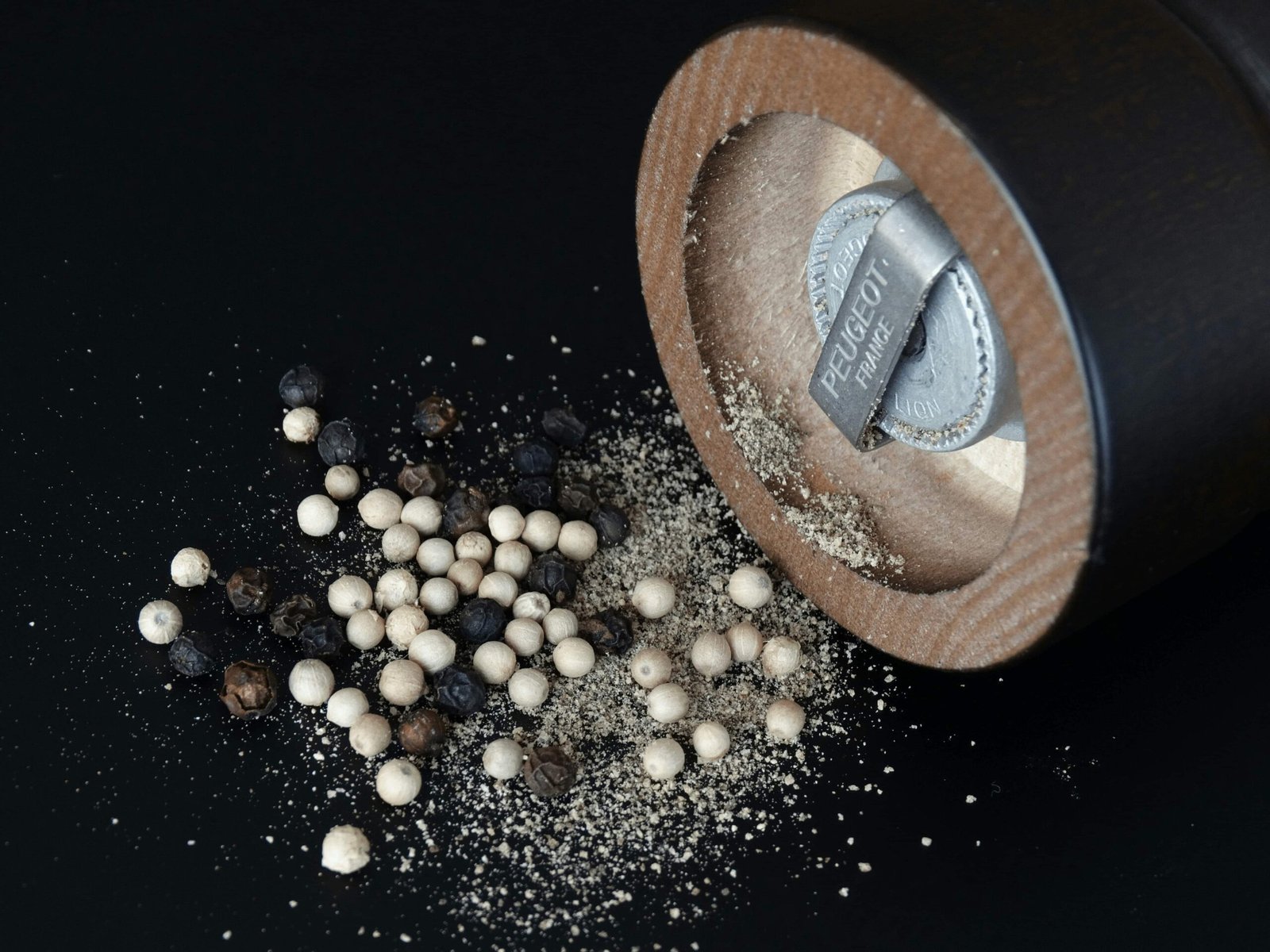Introduction
If you’ve been reading about the benefits of raw milk, you may be wondering whether it’s worth a shot. After all, it can be difficult to find and quite expensive. But if you do want to try drinking raw milk for yourself, keep in mind that there are some risks involved as well. Here are some things to know before making this decision.
Raw milk production varies depending on where you live
The rules for raw milk availability vary by state, and it’s important to know what the rules are in your area before you purchase any. For example, some states allow you to buy raw milk from someone who produces it on their own property, while other states will only allow you to purchase from a certified dairy farm. In some states, there are restrictions on how much you can buy at once (for example, no more than one gallon per person).
It’s also important that you check whether or not your state has specific laws about selling raw milk products. Some states may require that sellers of raw products have licenses or special permits; other states may prohibit sales altogether.
Raw milk can carry pathogens that can make you sick
Raw milk is not pasteurized to kill these pathogens, so bacteria, viruses and parasites can be found in it. There are many different pathogens that can be found in raw milk, including Campylobacter spp., Escherichia coli O157:H7, Listeria monocytogenes and Salmonella species. These foodborne pathogens may cause serious health problems like diarrhea or vomiting, fever or even death (source).
Pasteurized milk is heated to kill pathogens
Pasteurization is a process that kills harmful bacteria and other pathogens in milk by heating it to 161°F (72°C) for several seconds. This heating process can also destroy some of the beneficial enzymes in raw milk, which have been shown to help with digestion, boost immunity and fight against bacteria in your gut.
People who drink raw milk may have a lower chance of developing asthma and allergies
Raw milk contains probiotics, which can help with digestion and strengthen your immune system. Raw milk contains fatty acids, which may help prevent asthma and allergies.
Raw milk may have anti-inflammatory properties
Raw milk contains omega-3 fatty acids, like those found in fish oil. These have anti-inflammatory properties, so drinking raw milk may help with rheumatoid arthritis, asthma and allergies. Raw milk may also be beneficial for people suffering from inflammatory bowel disease (IBS).
Raw milk contains probiotics
Raw milk contains probiotics that are important for a healthy digestive system. Probiotics are beneficial bacteria that help maintain the balance of good and bad bacteria in your gut. If you have an upset stomach, taking probiotic supplements can help to reduce symptoms of gas, bloating and diarrhea.
Raw milk is also full of vitamin B12 and folic acid, two nutrients that play important roles in energy metabolism and red blood cell formation respectively. Raw milk contains three times as much vitamin B12 as pasteurized milk; this vitamin is naturally produced by cows but unfortunately stripped out during the pasteurization process. In addition to helping make red blood cells which carry oxygen throughout the body (including your brain), studies show that people who consume more dietary sources of folic acid may have an easier time fighting off infections like influenza A virus H1N1 (Avian Flu).
If you want to learn more about raw milk, make an informed decision based on facts
If you’re interested in drinking raw milk, make sure to do your research and talk to a doctor before making any changes to your diet. Raw milk is not for everyone—if you are pregnant or have a weakened immune system, it may be best to avoid drinking it. To find out more about the benefits of raw milk compared with its pasteurized counterpart, check out this article here: http://www.totalhealthmagazine.com/raw-milk-vs-pasteurized-milk/.
Also remember that while raw milk can be good for you in some ways, this doesn’t mean that all types of raw dairy are healthy! If you want to know more about which types of dairy products are healthy and which aren’t (including how they affect your digestive system), read this article by Dr. Josh Axe: https://draxe.com/raw-dairy/.
Conclusion
We hope that this article has helped you to understand some of the benefits of raw milk. If you’re interested in learning more about what it means to drink raw milk, we encourage you to do your own research and make an informed decision based on facts rather than rumors or scare tactics.










